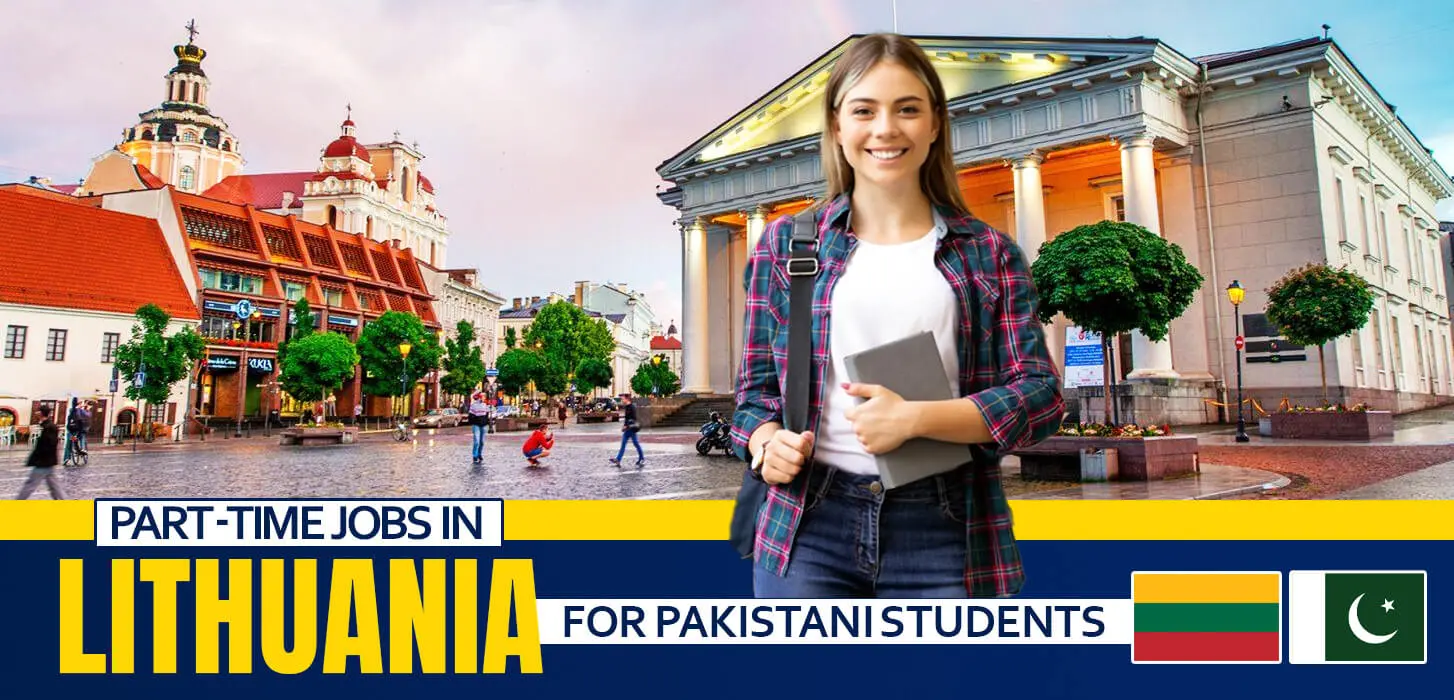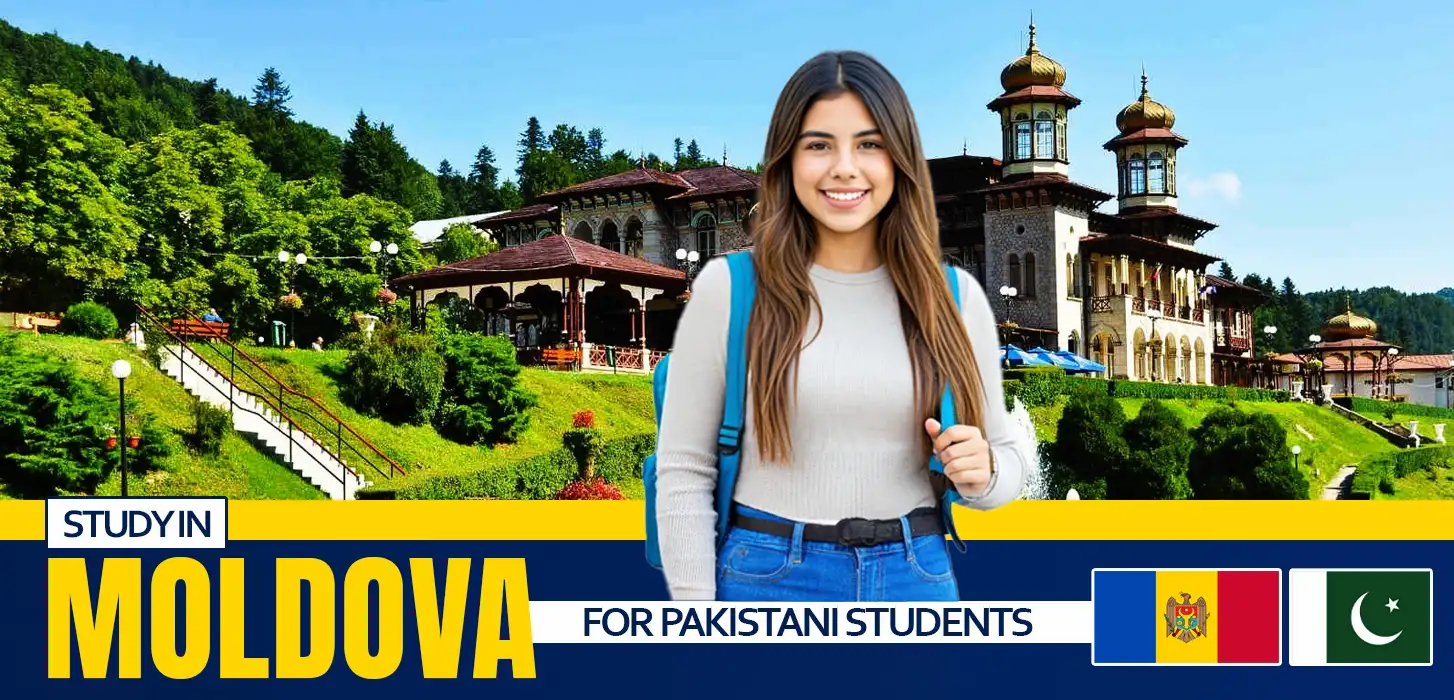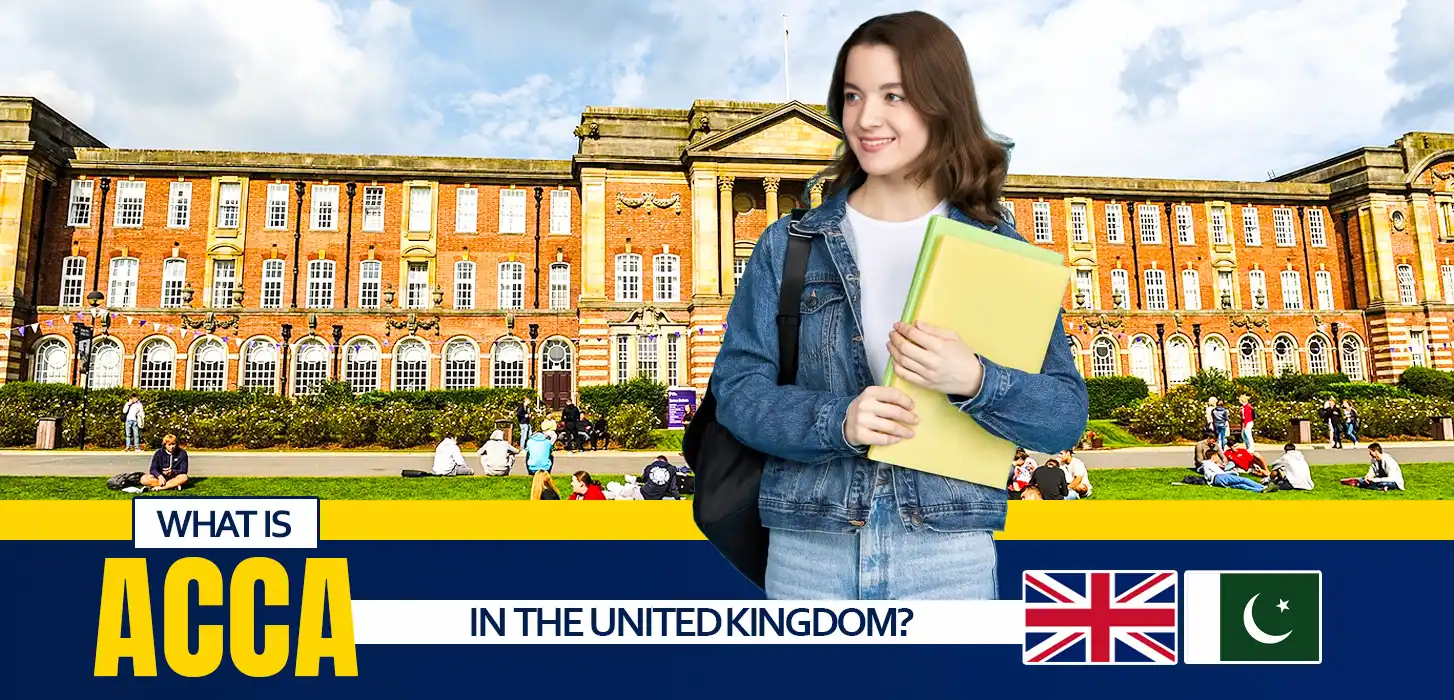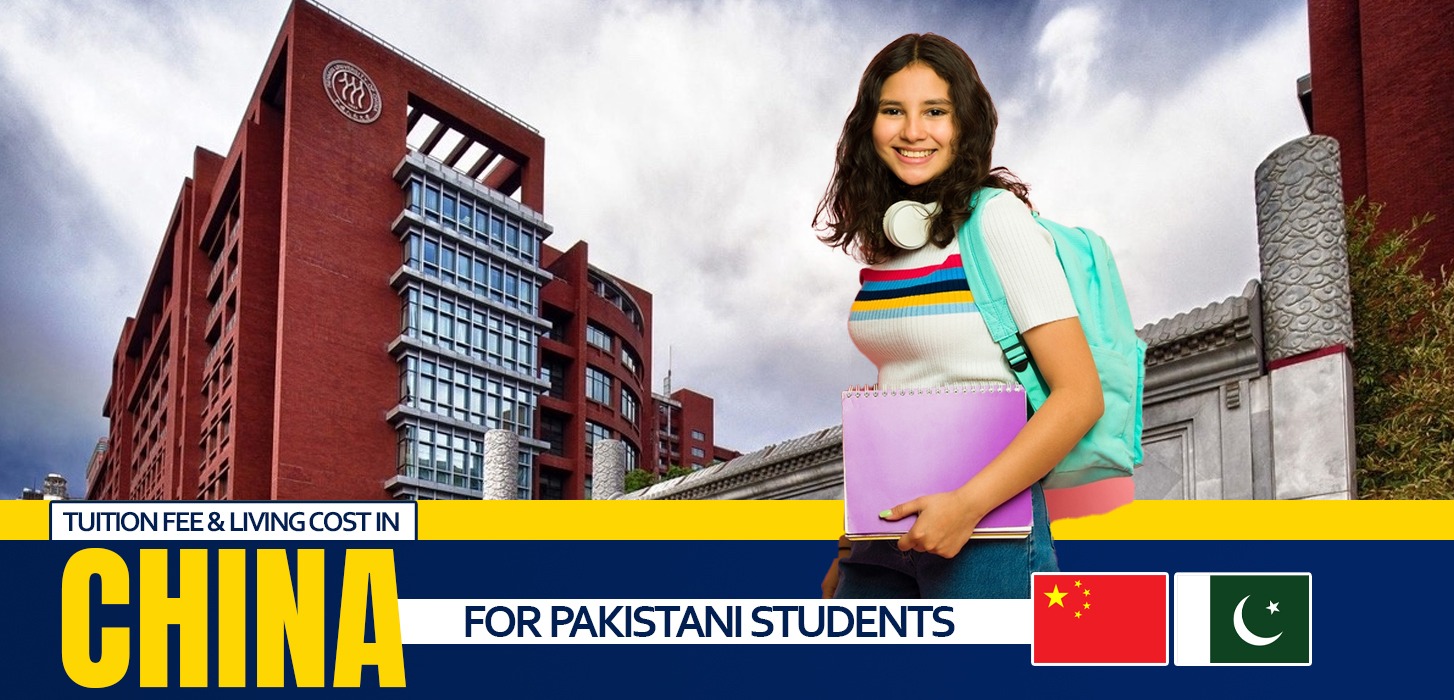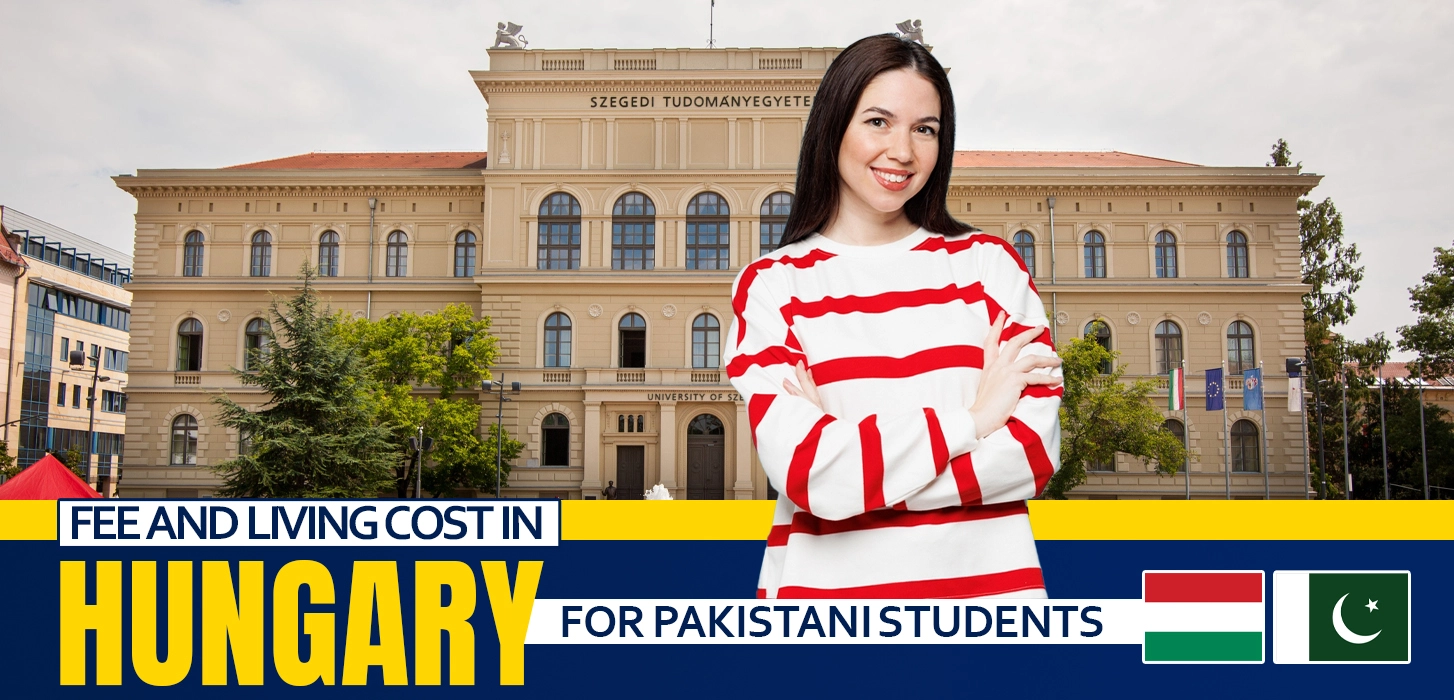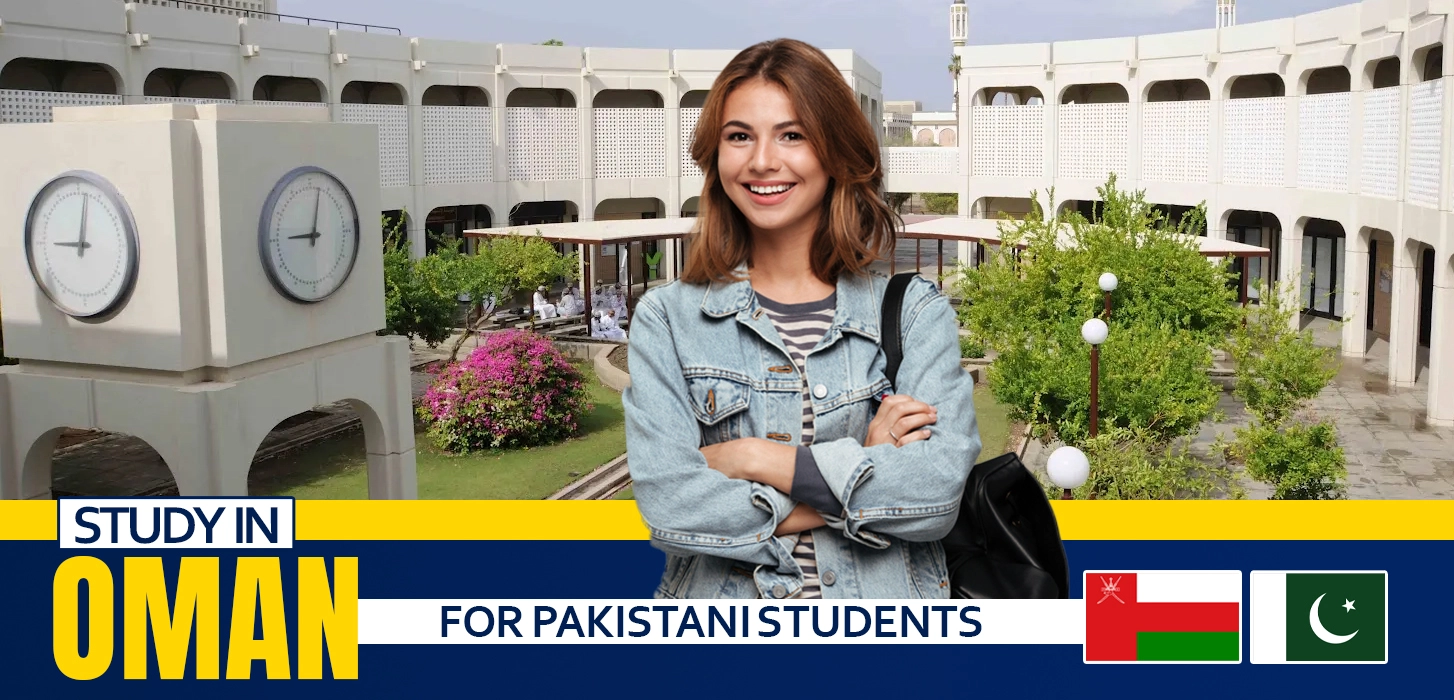
Study in Malta without IELTS
Embarking on a journey of higher education is an aspiration shared by countless students worldwide. The enchanting island nation of Malta, nestled in the heart of the Mediterranean, beckons with its rich history, stunning landscapes, and thriving academic environment. What’s even more enticing is the unique opportunity for international students to pursue their dreams in Malta without the burden of IELTS exams. In this blog, we unravel the door to this exceptional opportunity, exploring the admission criteria, language alternatives, and the captivating experiences that await students in Malta. Get ready to delve into a world of academic excellence and cultural exploration as we uncover the path to studying in Malta without IELTS
Malta, the picturesque Mediterranean gem, has emerged as an increasingly attractive destination for international students seeking a world-class education amidst a captivating setting. This tiny island nation offers a plethora of reasons to choose it as a study abroad destination.
First and foremost, Malta boasts a rich history and a diverse cultural tapestry, creating an enriching experience beyond the classroom. Its warm and welcoming atmosphere makes it an ideal place for students to feel at home away from home.
One of the most compelling aspects for international students is Malta’s unique approach to offering IELTS-free education. Recognizing that language proficiency tests can be daunting and limiting for some students, several universities and colleges in Malta have embraced alternative admission criteria. These may include English proficiency interviews, prior education in English-medium institutions, or other language certificates. This progressive stance opens doors for a more diverse pool of talents from around the world.
Moreover, Malta’s academic institutions boast an impressive array of courses and programs taught in English, covering fields such as business, arts, sciences, and technology. This allows students to pursue their chosen disciplines while immersing themselves in a dynamic international environment.
Another advantage for international students is Malta’s relatively lower tuition fees and cost of living compared to other European countries. This makes it a financially viable option without compromising on the quality of education.
Furthermore, Malta’s strategic location in the Mediterranean provides easy access to other European countries, making it a convenient base for exploration and travel.
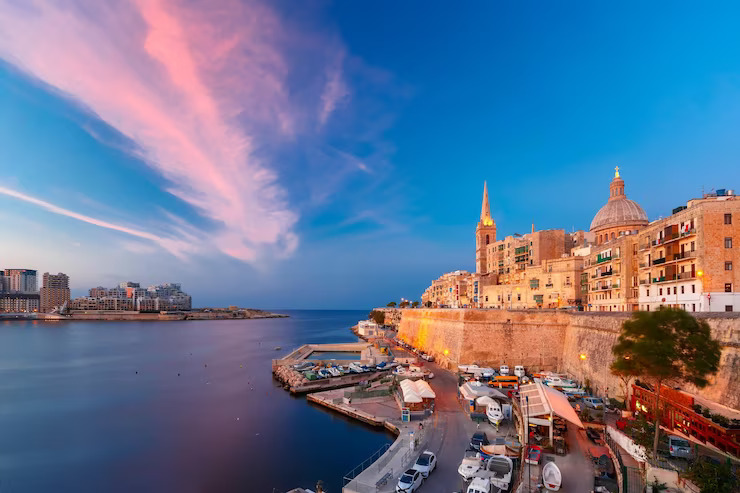
University of Malta: The University of Malta stands as Malta’s premier institution, offering a wide range of undergraduate and postgraduate programs across various disciplines. With its roots dating back to 1592, it boasts a rich history and a strong focus on research and innovation, making it the top-ranked university in the country.
Malta College of Arts, Science and Technology : Known as MCAST, this vocational institution offers hands-on learning experiences in fields like arts, sciences, engineering, and business. MCAST equips students with practical skills to meet industry demands, fostering a strong connection between academia and the job market.
American University of Malta: Situated in a picturesque location, the American University of Malta provides American-style education with a focus on liberal arts and professional studies. Its diverse and international environment encourages cross-cultural interactions, enriching the learning experience.
Institute of Tourism Studies: Catering to the hospitality and tourism industry, the Institute of Tourism Studies offers specialized programs to nurture skilled professionals in this booming sector. Its hands-on approach and industry partnerships ensure students gain valuable insights and practical expertise.
Mediterranean Maritime Research and Training Centre : As a specialized institution, the Mediterranean Maritime Research and Training Centre focuses on maritime studies and research. It plays a pivotal role in advancing the maritime sector in Malta and beyond, offering courses and training programs for aspiring seafarers and professionals.
Global College Malta: Not ranked) An international institution, Global College Malta collaborates with renowned universities worldwide, providing students access to diverse degree programs. It promotes a multicultural environment, fostering global perspectives among its students.
European Institute of Education: As an educational provider, the European Institute of Education offers courses in various fields, including early childhood development, business, and IT. It aims to empower students with contemporary knowledge and practical skills.
The Malta College of Pharmacy Practice: Specializing in pharmaceutical education and research, the Malta College of Pharmacy Practice equips students with expertise in pharmacology and healthcare. It contributes significantly to the medical and pharmaceutical sectors in Malta.
European University Malta :Part of the European University network, this Maltese branch provides a diverse range of programs, embracing a modern approach to education. It emphasizes research, critical thinking, and innovation across its academic offerings.
London School of Commerce Malta: Affiliated with the University of Lincoln, UK, the London School of Commerce Malta offers a blend of British education and global exposure. It provides pathways to a wide range of courses, opening doors to international opportunities.
| Program | Average Annual Tuition Fees (in EUR) |
|---|---|
| Undergraduate Programs | 7,000 – 12,000 |
| Postgraduate Programs | 9,000 – 15,000 |
| MBA Programs | 10,000 – 20,000 |
| Medicine and Health | 10,000 – 20,000 |
| Engineering | 8,000 – 14,000 |
| Arts and Humanities | 7,000 – 12,000 |
| Business and Economics | 9,000 – 16,000 |
| Information Technology | 8,000 – 14,000 |
| Tourism and Hospitality | 7,000 – 12,000 |
| Language Courses | 2,000 – 5,000 |
Malta has proven to be a warm and welcoming destination for international students, offering a supportive and inclusive environment. Here are some reasons why Malta is known for its hospitality towards students from around the world:
Multicultural Society: Malta’s multicultural society embraces diversity, making international students feel at home. With a mix of cultures and languages, students have the opportunity to engage with people from various backgrounds, fostering cross-cultural understanding.
English as a Language of Instruction: English is one of the official languages in Malta, and most academic programs are conducted in English. For international students, this eliminates the language barrier and facilitates smooth communication and learning.
Supportive Student Services: Universities and colleges in Malta prioritize the welfare of their international students. They offer dedicated support services that address visa requirements, accommodation assistance, academic counseling, and other essential aspects of student life.
Engaging Social Life: Malta’s vibrant social scene provides ample opportunities for international students to engage in extracurricular activities, join clubs and societies, and participate in events, enhancing their overall experience and fostering friendships.
Affordable Living: Compared to other European countries, Malta offers a relatively affordable cost of living, including accommodation and daily expenses, making it accessible for international students on a budget.
Safe and Secure Environment: Malta is renowned for its safety and low crime rates, providing a reassuring environment for students and their families. This aspect further contributes to the country’s appeal as a study destination.
Quality Education: Despite being a small nation, Malta boasts several reputable universities and colleges that offer high-quality education. International students can access cutting-edge facilities and expert faculty, ensuring a rewarding learning experience.
Strategic Location: Malta’s strategic location in the Mediterranean allows students to explore neighboring European countries easily. Weekend trips to Italy, Spain, Greece, and other nearby destinations become feasible, adding to the excitement of the overall experience.
Cultural and Historical Richness: Malta’s deep-rooted history and rich cultural heritage offer a fascinating backdrop for students to explore and immerse themselves in. From ancient temples to stunning architecture, Malta’s cultural offerings enhance the overall study abroad experience.
Employment Opportunities: After completing their studies, international students in Malta may have the chance to explore various job opportunities in the country or within the European Union, providing potential pathways to career advancement.
When applying to study in Malta as an international student, you will typically need to submit several important documents to complete your application process. While specific requirements may vary depending on the institution and program, here are the common documents that international students are often asked to provide:
Academic Transcripts: Certified copies of your academic transcripts from previous educational institutions, including high school and any post-secondary education.
English Language Proficiency: Evidence of English language proficiency, which can be demonstrated through standardized tests like IELTS, TOEFL, or other recognized language tests. Some institutions in Malta may offer alternative language assessment options.
Passport Copy: A clear copy of your passport’s biographical page, showing your personal information and photograph.
Letter of Intent: A statement of purpose or letter of intent explaining why you wish to study in Malta, your academic goals, and how the chosen program aligns with your aspirations.
Curriculum Vitae (CV) / Resume: A comprehensive document highlighting your educational background, work experience, achievements, and any relevant extracurricular activities.
Letter(s) of Recommendation: Academic or professional references from teachers, professors, or employers who can attest to your qualifications and capabilities.
Valid Health Insurance: Proof of valid health insurance coverage for the duration of your stay in Malta.
Financial Documents: Evidence of sufficient funds to cover tuition fees and living expenses during your study period in Malta. This may include bank statements or a letter of sponsorship.
Visa Requirements: Depending on your nationality, you may need to provide specific documents to apply for a student visa or residence permit to study in Malta.
Passport-Sized Photographs: Several passport-sized photographs, as required for official documents and identification cards.
Application Form: Completed application form provided by the university or college you are applying to.
Additional Program-Specific Documents: Some programs may have specific requirements, such as a portfolio for creative courses or a research proposal for certain postgraduate programs. Check with the institution for any program-specific requirements.
Accommodation: The cost of accommodation will largely depend on whether you choose to live on-campus in university accommodation or rent a private apartment. On-campus accommodation may cost around €300 to €600 per month, while renting a private apartment can range from €600 to €1,000 or more, depending on the location and size of the apartment.
Food: Grocery expenses will typically amount to around €200 to €300 per month. Cooking at home and shopping at local markets can help keep food costs reasonable. However, eating out and dining at restaurants can add to the expenses.
Transportation: Malta’s public transportation system is relatively affordable, with monthly bus passes costing around €26 for students. If you choose to use taxis or ride-sharing services, the costs may be higher.
Utilities: Utilities, including electricity, water, and heating, may cost around €50 to €100 per month, depending on usage and the season.
Books and Study Materials: Budgeting around €50 to €100 per month for books and study materials is advisable, although this cost can vary depending on your course and study requirements.
Health Insurance: Health insurance is mandatory for international students in Malta. The cost will depend on the type of coverage and the insurance provider but is generally around €300 to €500 per year.
Personal Expenses: Personal expenses, such as entertainment, clothing, and other miscellaneous items, may amount to around €100 to €200 per month.
Quality Education: Despite its small size, Malta is home to reputable universities and colleges that offer high-quality education with a focus on academic excellence and practical learning.
English-Medium Instruction: Most academic programs in Malta are conducted in English, eliminating language barriers and making it easier for international students to study and communicate effectively.
Diverse Cultural Experience: Malta’s rich history and multicultural society provide an immersive cultural experience for students, fostering cross-cultural understanding and global perspectives.
Strategic Location: Situated in the Mediterranean, Malta’s location allows easy access to other European countries, making it a convenient base for exploring different cultures and destinations.
Safe and Welcoming Environment: Malta is known for its safety, low crime rates, and friendly locals, providing a secure and welcoming atmosphere for international students.
Vibrant Student Life: Malta’s lively social scene offers a wide range of extracurricular activities, clubs, and events, allowing students to socialize, network, and make lifelong friendships.
Affordable Living: Compared to other European countries, the cost of living in Malta is relatively affordable, including accommodation, food, and transportation, making it budget-friendly for students.
Diverse Academic Programs: Malta’s universities offer a broad range of academic disciplines and courses, giving students ample options to pursue their desired fields of study.
Supportive Student Services: Universities and colleges in Malta provide dedicated support services for international students, including visa assistance, accommodation guidance, and academic counseling.
Internship and Job Opportunities: Malta’s growing economy offers internship and part-time job opportunities for students, providing practical experience and potential career prospects.
Rich Cultural Heritage: Malta’s ancient temples, historic sites, and picturesque landscapes offer a captivating backdrop for students, enhancing their overall learning experience.
Warm Climate: Malta’s Mediterranean climate with mild winters and sunny summers creates an ideal environment for international students to enjoy outdoor activities and explore the island’s beauty.
Language Barrier for Non-English Speakers: While most academic programs are conducted in English, non-English speakers may still face language challenges outside the classroom, especially when communicating with locals or in certain social settings.
Island Isolation: Being an island nation, some students may feel isolated or restricted in terms of traveling to neighboring countries or experiencing different cultures without additional travel expenses.
High Rental Costs: While the cost of living in Malta is generally affordable, rental prices, especially in popular student areas, can be relatively high, putting a strain on the budgets of some international students.
Yes, some universities and colleges in Malta offer admission alternatives for international students who do not have IELTS scores. They may consider other English language proficiency assessments or take into account previous education in English-medium institutions.
Language requirements may vary between institutions. Some universities may conduct English proficiency interviews, accept other standardized language tests like TOEFL or Cambridge English exams, or consider applicants who have completed their previous education in English.
Not having an IELTS score will not necessarily hinder your chances of admission. Many institutions in Malta offer alternative ways to assess English language proficiency, providing opportunities for a diverse range of students to apply.
Apart from language requirements, international students are typically required to submit other standard application documents, such as academic transcripts, a statement of purpose, letters of recommendation, and financial documentation to demonstrate sufficient funds to cover their studies and living expenses in Malta.
Latest Post
Lithuania has become an attractive destination for Pakistani students seeking...
Many Pakistani students dream of studying abroad but are often...
According to the Ministry of Education and Research report, In...
Pursuing higher education in New Zealand is a top destination...
The UK has always been a student-preferred destination for gaining...
Understanding the tuition fee & living cost in China is...
Hungary is an increasingly popular choice for Pakistani students pursuing...
Studying in Oman is an excellent opportunity for Pakistani students...

